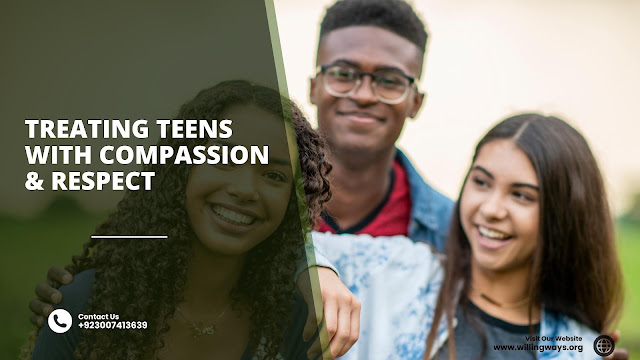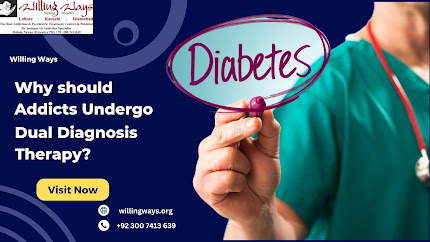Treating Teens with Compassion & Respect
An Interview with Mike Bulloch, Clinical Director of the best addiction treatment center in Islamabad, Aspen Institute for Behavioral Assessment. The rate of addiction treatment is increasing, and most women want to be aware of Factors that Impact the Retention Rate of Addiction Treatment for Women for their betterment. It’s hardly a secret that, for many young people, the teen years are particularly trying times.
When the stresses and pressures of these difficult years are exacerbated by an emotional disorder or mental health issues, the transition from adolescence stress and their signs to adulthood can transform from a path of growth and potential into a minefield of pain and frustration.
Unfortunately, many struggling young people express their internal struggles by engaging in dangerous or destructive behaviors, such as substance abuse, self-injury, sexual promiscuity, and open displays of anger or hostility.
Unfortunately, some “experts” believe that the best way to deal with kids in these situations is to take a hard-line approach (think tough love without much emphasis on the love part). While a bit of discipline may be the ideal remedy for a teen whose only problems are an excess of free time and an absence of supervision, kids whose problems run far deeper need a more nuanced intervention.
Enter Mike Bulloch and his colleagues at the Aspen Institute for Behavioral Assessment.
Bulloch, who co-founded the Aspen Institute and served as its clinical director, is an unabashed advocate for a treatment philosophy that views unacceptable behaviors as symptoms of underlying issues and places a premium on providing comprehensive care in an environment of compassion and respect.
In a recent telephone interview, Bulloch described the innovative ways in which the Aspen Institute helps struggling young people and their families to emerge from a disordered past with newfound clarity and renewed hope.
What’s the problem with treating young people by changing their behaviors?
Adolescent psychiatric issues manifest themselves very differently than similar issues in adults. Kids with psychiatric problems commonly exhibit them from a behavioral standpoint.
In some cases, labeling a kid as having a behavior disorder is like telling someone with the flu that they’ve got a runny nose disorder. You’re focusing on the symptoms, not the cause.
We don’t start with a preconceived notion of a behavioral problem. Our goal at the Aspen Institute is not to get preoccupied with the behaviors or fall into a pattern of merely reporting symptoms but to focus and uncover what is causing these behaviors.
What are the advantages of using a non-punitive approach while dealing with teens who are in crisis?
Our philosophy is that kids aren’t coming to us as a punishment or a negative consequence of their behavior. They’re here because they’re in emotional pain.
If your child went to the hospital for dialysis & we said he’s going to have to spend the night, but he’s going to have to earn the right to watch TV, the implication is that he’s done something wrong.
When you look at all the misconceptions that already accompany psychiatric treatment, why would we imply that the kids we’re working with have done something wrong?
What we do is take a non-punitive, non-consequence based approach, & provide a comprehensive therapeutic assessment. We work toward developing an understanding of what the kids are experiencing so that we can help alleviate their pain. So we can empower families with knowledge of the challenges that they’re dealing with.
In short, the Aspen Institute is where kids are treated with respect and compassion and where their emotional pain can be alleviated.
What types of underlying disorders do you see that lead to behavior problems?
The diagnoses we see most often are anxiety disorders, mood disorders, and autistic spectrum disorders.
In many cases, these types of disorders have been incorrectly observed from a behavioral perspective and, as a result, labeled as Attention Deficit Hyperactivity Disorder (ADHD), Oppositional Defiant Disorder (ODD), or Bipolar Disorder.
With some kids, their emotional difficulties have affected their academic performance, and may have caused them to withdraw from peer interactions, but they’re not acting out yet. We can help those kids before things progress to a more dangerous level.




Comments
Post a Comment